As summer approaches, agencies and businesses of various industries will be looking to recruit interns. In fact, Brave World Media has already interviewed and recruited two local college students to work with us this summer.
We feel very passionately about the topic around internships, especially in the media industry, whether in journalism, design, photography, public relations, marketing, or any other specialty that falls under the media umbrella. That is because our industry is notorious for not paying or drastically underpaying interns – the thought being that the experience itself is the payment, topped with the potential college credits that most interns can gain from the organization in which they commit no less than 10 hours a week during their summer months.
This approach, however, doesn’t consider those young adults who do not have the privilege of financial support from others or depend on money to help support themselves. Immigrant interns, who have the additional burden of paperwork and Visa fees, are also significantly impacted by the lack of financial access to these opportunities.
While in college in NYC, I had hoped to pursue internship opportunities during my studies in Communications. Unfortunately, because none of the opportunities available were paid, and I was solely responsible for my rent and all my bills, including my tuition – I couldn’t take advantage of the hands-on experiences and networking opportunities that internships can offer.
Though things worked out for me in the end, it truly felt like I spent most of my career playing catch-up in an industry that, as the Pew Research Center shows, already ranks low in racial and ethnic diversity. This is the same for the public relations industry, entertainment media, and others.
And while data indicates that there has been an increase in diversity in marketing and advertising, those numbers significantly decrease as one gets closer to the C-Suites and executive levels (We’ve often talk about the lack of impact in systemic and organizational change when DEAI efforts are relinquished only to the low to mid-level positions of an organization while board rooms and executive positions remain institutionally unchanged.).
Unpaid internships primarily exclude lower-income and marginalized students and young adults, further segregating them from industries already struggling to diversify their talent pool, but many of which prioritize candidates with prior internship experience. They are also unethical and exploitative as they make room for companies to benefit from free labor they would otherwise have to pay for, and from which they expect the same level of professionalism and commitment as a paid employee.
Unpaid internships are riddled with the spoils of nepotism and the exclusive privileges of connections afforded to those who can easily work for free. This culture of privilege is known to marginalize the voices of low-income communities and minorities.
Thus, as those in positions to make budgetary and hiring decisions look towards the internship season to fill labor gaps, let us approach these efforts with equity, fairness, and DEAI in mind, remembering that labor should be paid for, regardless of age or experience, and recognizing that by offering a fair wage, you are simultaneously expanding the hiring pool and potential for your company.
Here are some ways in which you can recruit interns in a manner that is ethical and fair:
-
- Treat Interns as you do all employees – Which includes paying them a wage and setting up a reasonable and non-abusive work schedule. Treat this as a mentorship opportunity.
- Recruit early – Make determinations about hours and wages (which should never be below the minimum wage) so the student can plan their schedule and commit early enough in the hiring season.
- Interview candidates for their potential, not their experience – Understand that these are still students, many of which are still figuring out their professional interests and strengths. The experiences from working with you and your company can benefit their professional direction moving forward.
- Post intern opportunities on LinkedIn and/or local college campuses – This opens opportunities to those beyond your professional and social circles, allowing for more diversity and access.
- Focus on the student’s value, not on their grades – Brave World Media doesn’t consider grades in our internship selection process, nor do we consider school. Our primary focus in our selection process is a willingness to learn and work, good personable skills, an interest in the industry, and learning from our agency team.
- Ensure that you have an internal process that adds value to the intern’s investment of time in your company – Respect that they are there to learn and gain professional experience. Do not just relegate your intern to getting coffee and answering phones because while these are still essential skills with which many of us have started, the internship aims to expose students to hands-on experience in the specific industry and field.
- Provide structure and evaluation – give the student feedback from which they can learn and grow. Have an assigned staff member to serve as a direct contact and manager.
We want to also thank our partners for making this recruitment process possible. Because of their commitment to paying us a fair and equitable wage for our work, we can, in turn, create space and allot a budget to support young student professionals in our community.


